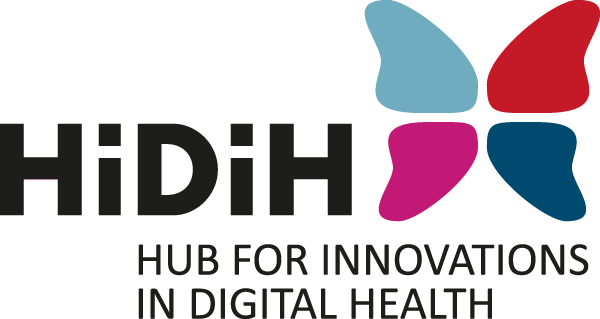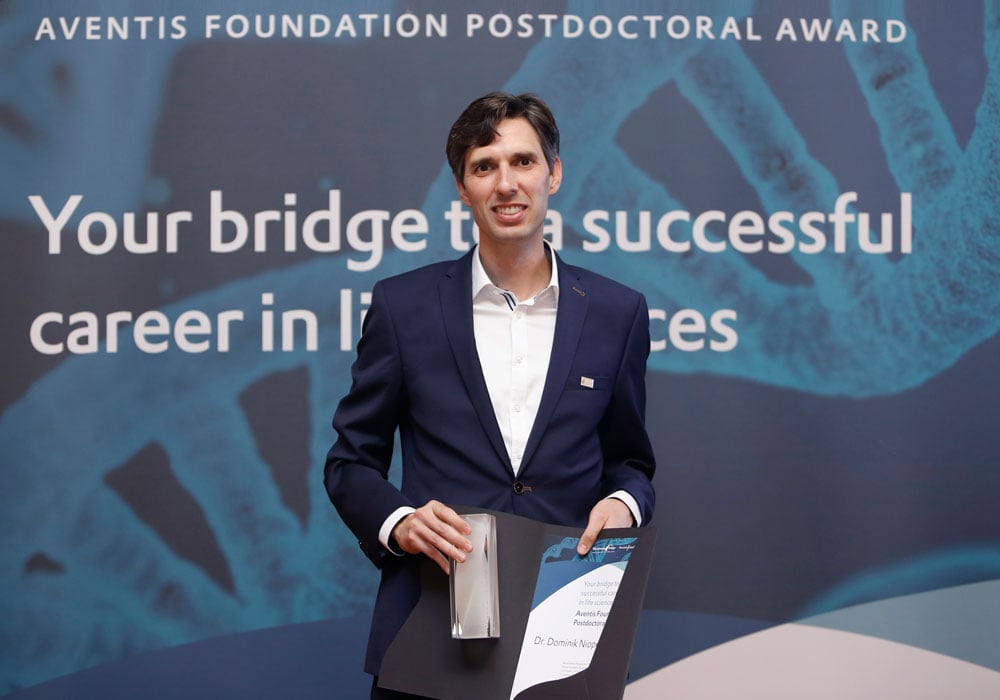The focus of my research is to learn how to design proteins with specific functions and to find ways to precisely control their activity from outside.
Why did you choose to focus your research on molecular processes?
Living systems comprise complex network of interacting molecular parts that, as a whole, accomplish astounding things. Among the most important types of cellular molecules are proteins. They are molecular machines carry out the actual functions in cells, movement and response to external signals. The focus of my research is to learn how to design proteins with specific functions and to find ways to precisely control their activity from outside. This will not only deepen our fundamental understanding of life, but also enable us to communicate with and purposefully influence living systems for useful applications.
Is there a certain goal that you have set yourself in your research?
Very simply put, my goal is to develop bio-technologies that, in the future, might have a positive impact on our lives. A more personal motivation is that I am genuinely curious about how cells function and how we can control living systems. Which is why my lab is currently exploring the use of light-sensing proteins from plants and fungi to see if we can control the activity of genes and the behavior of cells from outside simply by shining light onto the cells. We also have a number of projects that aim at making the CRISPR-Cas gen editing technique more precise and safe, in particular for therapeutic applications.
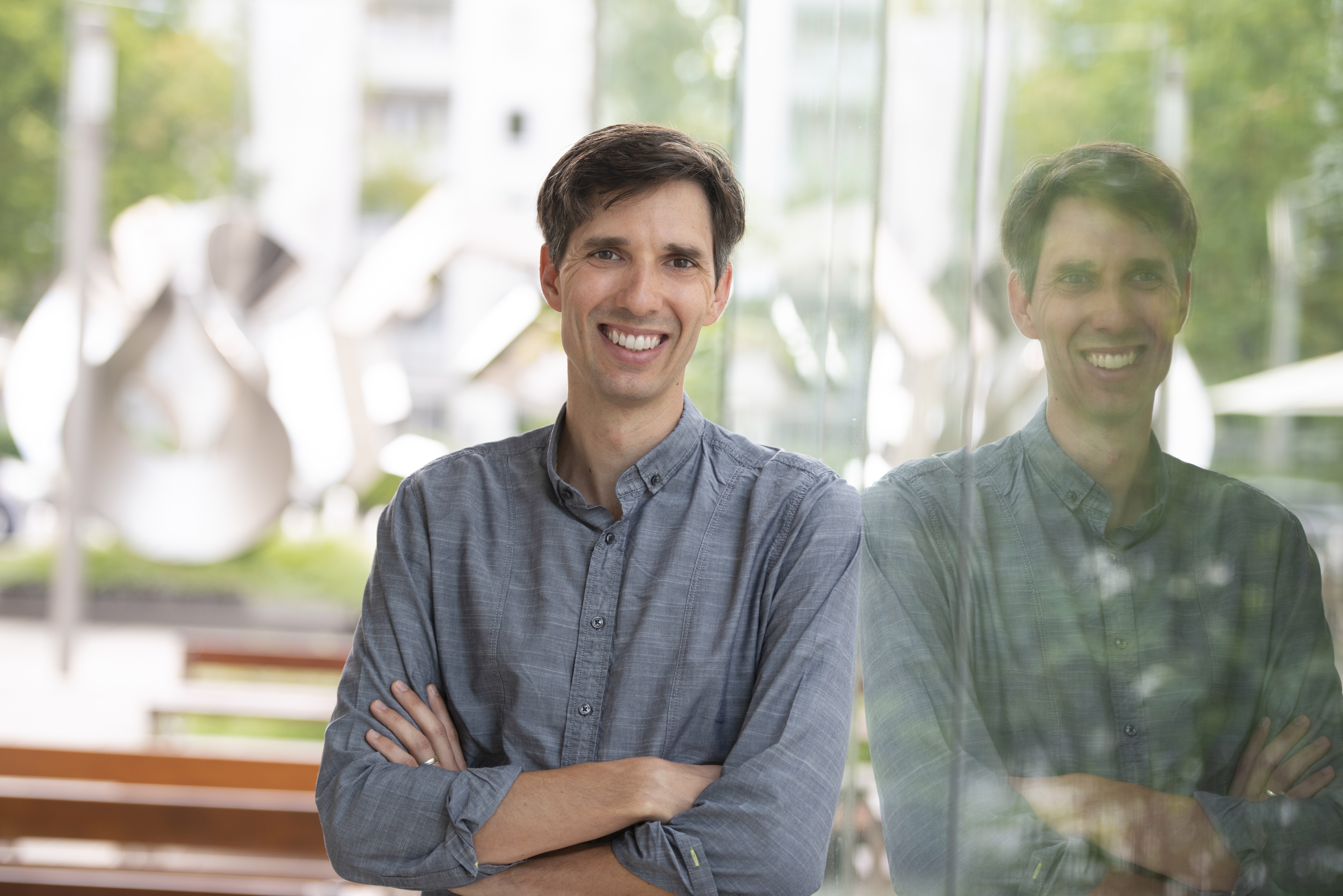
What will the future of your research look like?
The field of protein engineering is making rapid progress: AI and high-throughput screening technologies have great potential to significantly accelerate the creation of new proteins and cellular systems. Since there is literally no limit for what could be done with engineered proteins, for example in industry or medicine, it is certainly a very exciting time to be a researcher in this field.
What do you do to unwind from work?
I am very fortunate to have two wonderful little daughters. They really are the most excellent balance for my work life. Kids make you see things from a completely different angle and, in my opinion, we can gain a lot by taking a step back and looking at things with the earnest curiosity of a child.
How do you relax?
For me, playing the guitar and slack-lining are the most ideal ways to relax. I also enjoy hiking with my family,in a forest or along the North Sea Coast during summer vacation. Looking at the trees or the ocean reminds me of how little we actually know about life and the mysteries of nature, and of how much there is yet to explore.
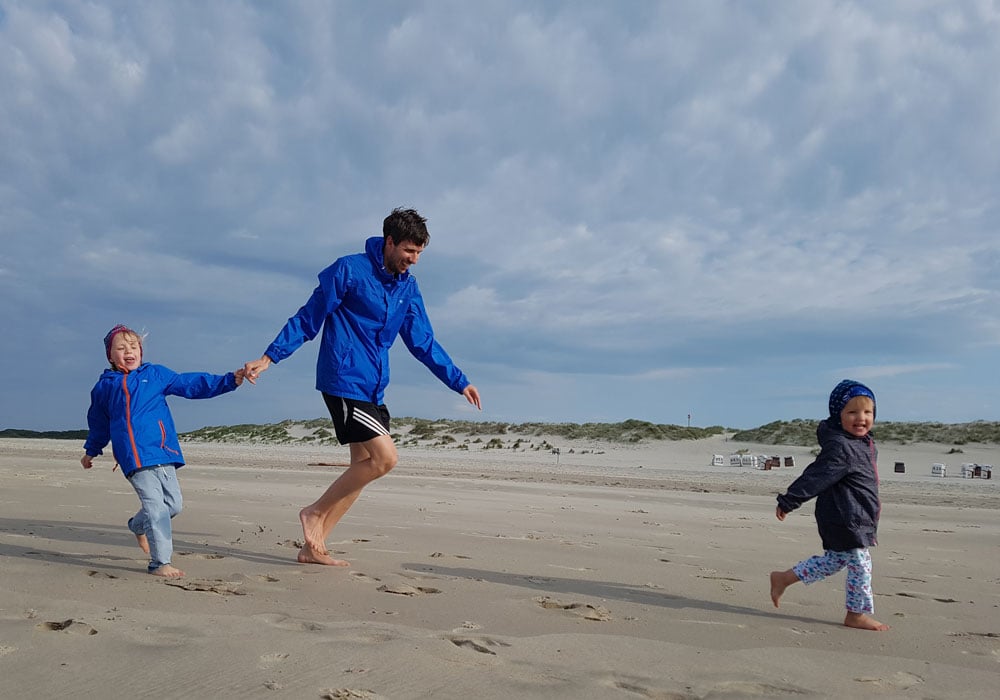
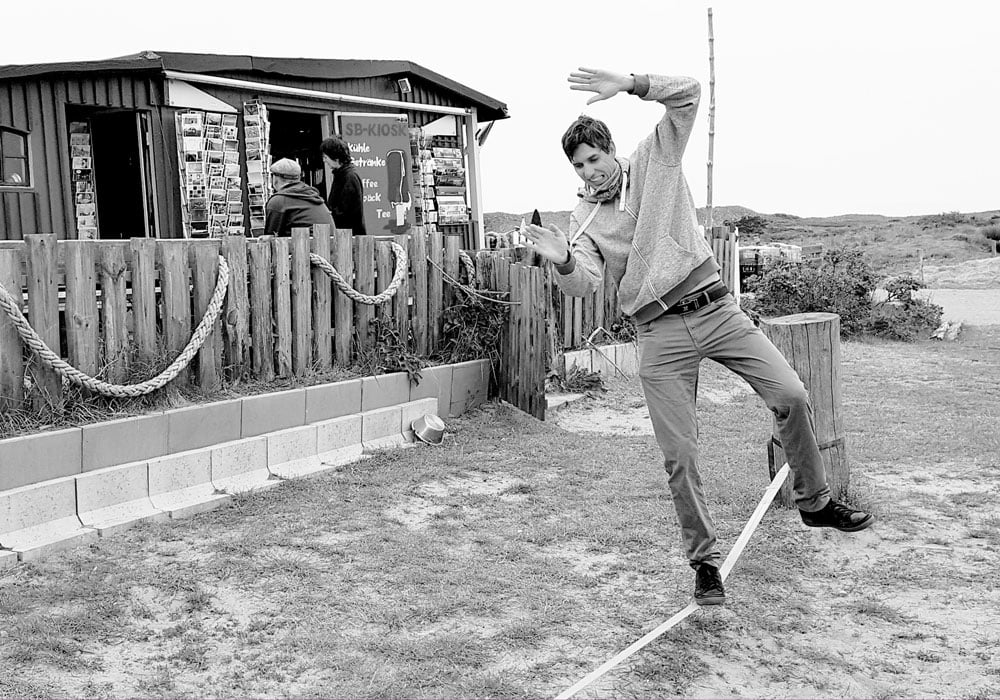
What do you like about your research environment?
What I really like about TU Darmstadt is the confidence that is placed in me as a young scientist. I have generous lab space, excellent support from all sides and the freedom to follow my passion. Everyone is giving their best to provide a nurturing environment in which early career researches can be productive and successful. Also, TU Darmstadt is truly interdisciplinary: scientists, engineers and IT experts work side-by-side to solve important problems. The newly founded Center for Synthetic Biology at TU Darmstadt follows precisely this ideal. I consider it a privilege to be able to work in such an excellent and friendly environment.
How could the research conditions be improved for young scientists?
A big issue for young scientists is that they usually face a long time of insecurity due to short-term contracts. At the same time, they have to live up to extremely high expectations towards their scientific output, mobility and overall workload. This puts a lot of pressure on young scientists, in a time of their lives in which they may also be thinking about having kids. In consequence, many excellent scientists choose careers outside academia, where they find higher chances of getting a permanent contract and the security they need to start a family. Thus, in my opinion, we desperately need to provide more secure paths to permanent positions in academia, such as tenure track, and to increase the number of permanent mid-level academic positions.
Original article can be found here:
https://bridge.aventis-foundation.org/award-winner/dr-dominik-niopek/
© Tobias Schwerdt
